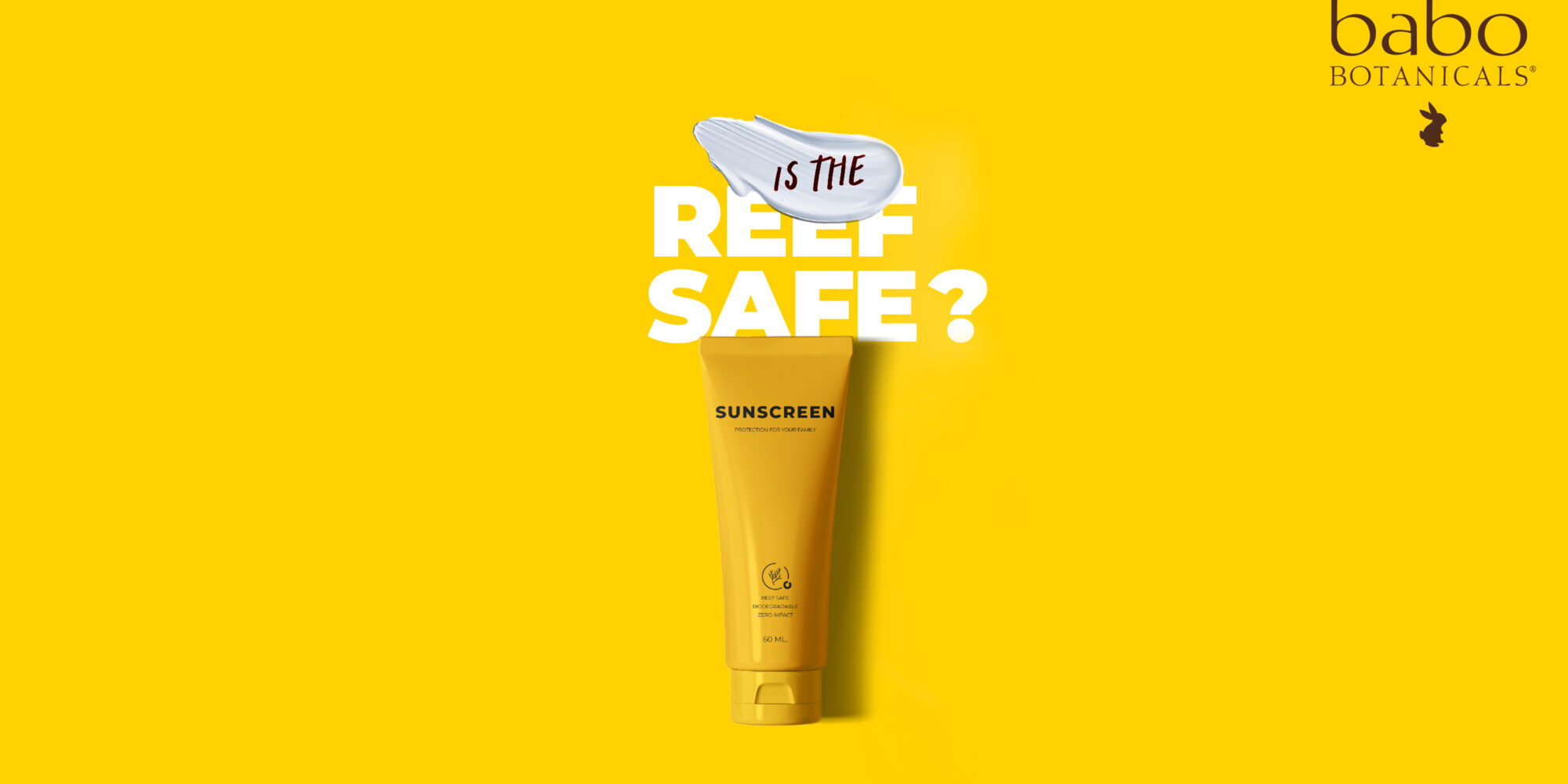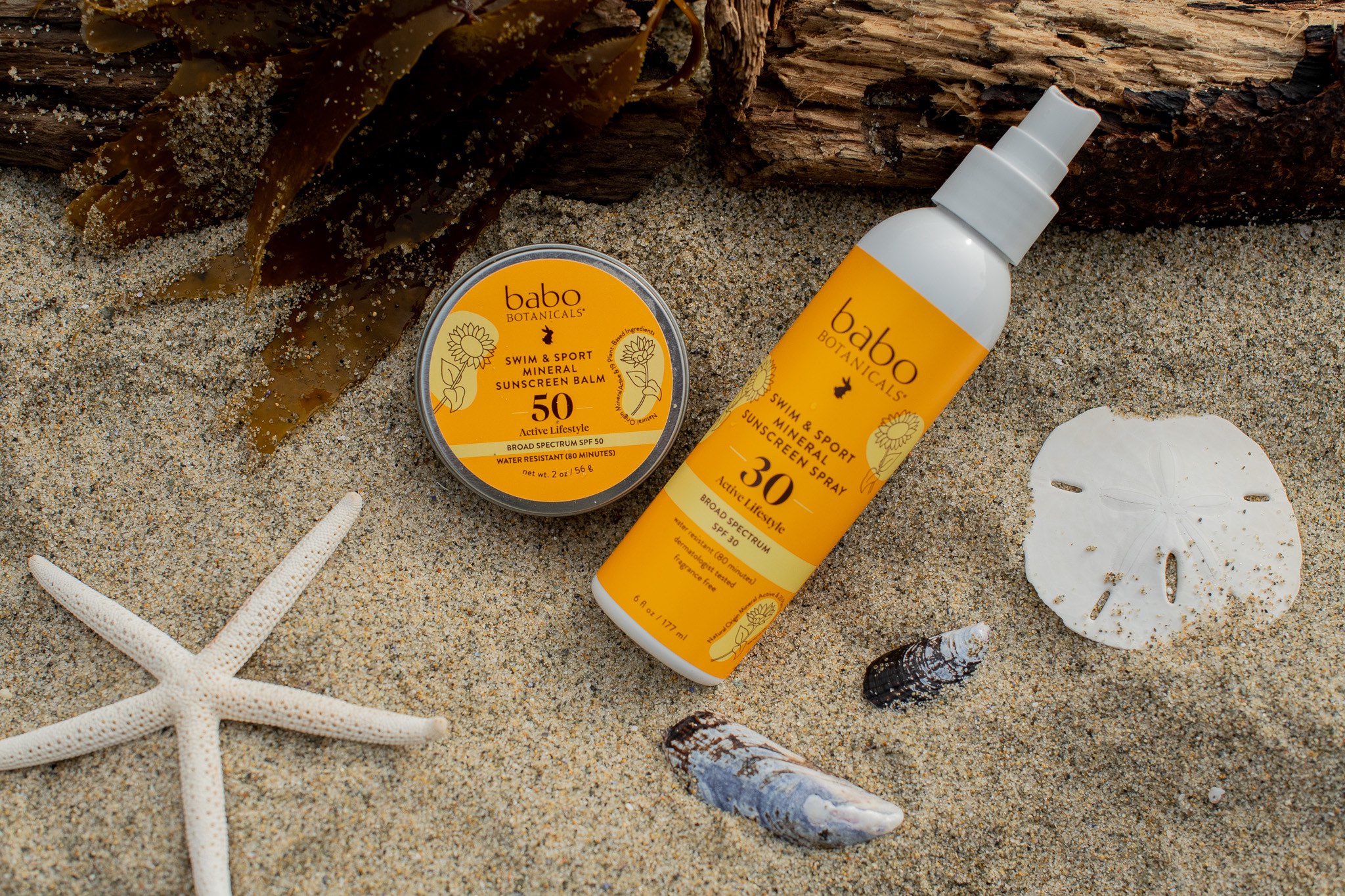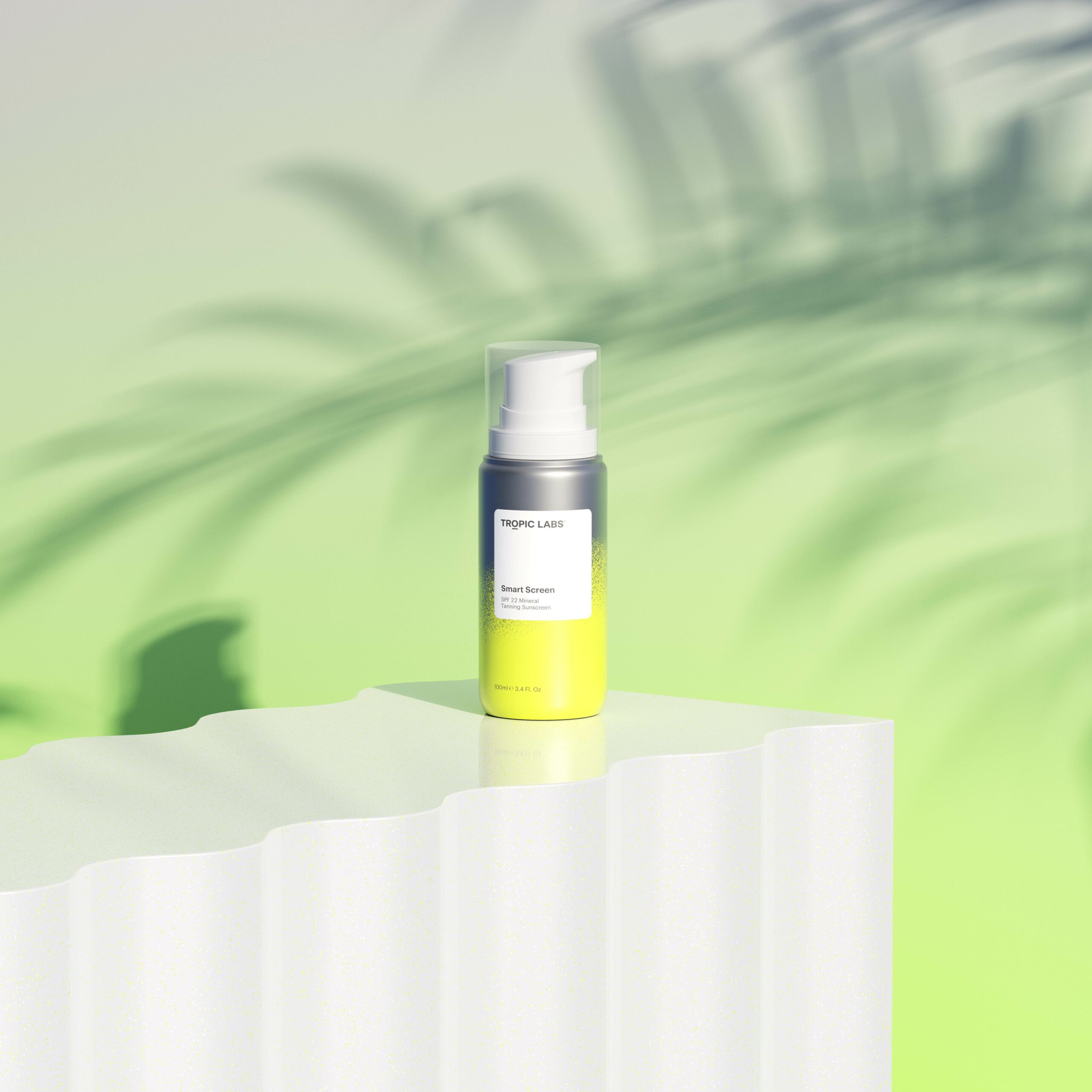
Sunscreen Brands Start To Challenge “Reef-Safe” Claims
In 2018, then Hawaii governor David Ige signed into law a bill banning the sunscreen ingredients oxybenzone and octinoxate from the state three years later.
Motivated by biologist Craig Downs’ research connecting oxybenzone to destructive coral bleaching, the bill and others like it—U.S. Virgin Islands, Key West, Palau, Aruba and more jurisdictions have passed their own versions of the legislation—sparked a proliferation of “reef-safe” products without the banned ingredients and consumers hunting for them to do their part for the environment.
Today, a search for “reef-safe sunscreen” on Target’s website turns up 365 products from brands such as Sun Bum, Neutrogena, Blue Lizard, Banana Boat, Alba Botanica and Raw Elements. Not all the brands use the “reef-safe” claim specifically. They mix in the terms “reef-friendly” and “Hawaii-compliant” or convey that they don’t contain oxybenzone and octinoxate in order to protect coral reefs. “We love the reef!” proclaims Blue Lizard in a description of its SPF 50+ Sensitive Mineral Sunscreen Lotion
Sunscreen brands and retailers are responding to shoppers’ interest. Addison Cain, beauty strategy and innovation manager at consumer insights firm Spate, says, “’Reef safe’ is one of the top five claims by increase in average monthly search volume, meaning it’s driving change in the sunscreen conversation.” Excluding SPF claims, she adds, “’Reef safe’ ranks within the top three benefits by average monthly search volume.”

In the year ended March, Spate data shows average monthly searches for “reef safe” jumped 14.9% from the prior year to 39,300. Also, searches for mineral sunscreens relying on zinc oxide and titanium dioxide—ingredients allowed under Hawaii’s regulatory framework—have increased. There are 131,700 average monthly searches for mineral, up 3.6% year-over-year. Cain says, “Mineral leads ingredient searches as the most frequently searched and the ingredient with the most significant positive change in average monthly search volume since last year.”
Troubled by the rise in “reef-safe” marketing, a growing number of brands, including Babo Botanicals and Tropic Labs, have concluded the rush to the claim has overcorrected. Questions about the research that instigated Hawaii’s law factor into many of their concerns. In a blog post delving into studies on sunscreen and coral reef destruction, Michelle Wong, the science educator and cosmetic chemist known as Lab Muffin, writes, “There isn’t any solid evidence of sunscreens having caused harm to coral reefs.”
And brands assert the “reef-safe” claim seemingly lets sunscreen purveyors off the hook for environmental degradation resulting from ingredients besides oxybenzone and octinoxate in their formulas, not to mention packaging, sourcing and manufacturing. The suspect ingredients alone aren’t to blame for the depletion of coral—a 2020 report from the Global Coral Reef Monitoring Network estimates 14% of the world’s coral has been lost since 2009—and brands skeptical of the “reef-safe” tag argue that singling them out could stave off broader actions to diminish the beauty industry’s deleterious impacts on the earth by brands that determine they’ve done enough.
Even Downs acknowledges the reasons for poor coral reef health are multifaceted. In 2019, he told Hawaii Public Radio, “Sunscreen pollution is about one of 100 to 1000 cuts a coral reef can experience, and it’s really location dependent.” Unrelated to sunscreen ingredients, he highlighted excessive sediment and agricultural runoff as two significant threats to Hawaii’s coral reefs.
In light of the complexity of the coral reef crisis, Babo Botanicals is beginning to broadcast its opposition to the “reef-safe” label. Last month, the brand launched a campaign challenging the beauty claims “reef-safe” and “biodegradable” that’s running through mid-July on social media platforms like Instagram, Facebook and TikTok. The campaign, which is timed with a decision to eliminate the term “reef-friendly” from Babo Botanicals’ products, directs consumers to information about the brand’s anti-reef-safe stance on its website, where it points out, “There is no set standard for what ‘reef safe’ truly means,” and “The term ‘reef safe’ is unregulated.”
“We tend to mislead consumers with words that are a simplification of concepts that aren’t simple.”
Adrien Dissous, SVP at Babo Botanicals, a Mustela-owned brand generating 40% of its sales from mineral sunscreens, says, “We tend to mislead consumers with words that are a simplification of concepts that aren’t simple.” Expressly speaking of the “reef-safe” claim, he continues, “While it comes from good intentions to tell consumers, ‘You can go to Hawaii, and you can feel safe,’ it gives the false impression to the consumer that there is no impact on the coral reef. The reality is we don’t know. There’s no standard test to prove that sunscreen may or may not be harmful to coral reefs. So, our perspective is we need to be more mindful with our words.”
He emphasizes, “We are worried about those claims because, the more consumers use sunscreens they believe are safe, the more there could be a chance coral reefs are going to be damaged…The science is evolving. Some brands mistakenly used claims like ‘reef safe,’ and they faced lawsuits because consumers are like, ‘You told me you are ‘reef safe,’ and now your ingredients [don’t appear to be.]'”
Bondi Sands, Banana Boat and Edgewell Personal Care are among the companies that have faced lawsuits over reef-related claims. They made those claims based on the avoidance of oxybenzone and octinoxate, but plaintiffs allege they still use ingredients affecting reefs. Hawaii has been investigating additional sunscreen ingredients for reef safety purposes. After its bill banning oxybenzone and octinoxate was passed, the state weighed forbidding avobenzone and octocrylene, but placed a bill to do so on hold awaiting studies. Oxybenzone and octinoxate remain permitted in Hawaii.
Tropic Labs has reversed its “reef-safe” position. Initially the brand touted its mineral sunscreen as “reef safe,” but last year outspokenly split with the claim on social media due to evolving coral reef science. On its social media channels, Tropic Labs writes, “While it is true that sunscreen ingredients can wash off and persist in the ocean long after you’ve finished your surf or your snorkel, more recent studies have since come to light that put the overall impact of sunscreens in reefs into perspective.”
Morgan Ioffe, a cosmetic chemist and founder of Tropic Labs, was nervous to be against the “reef-safe” claim publicly before posting about her brand’s break from it, but discovered customers welcomed Tropic Labs’ candid reexamination of its “reef-safe” position. She says, “The struggle as a brand owner is, how do you meet consumer demand when people are asking for ‘reef-safe’ products, but there really is no clear definition around what that means? The communication effort we’ve been putting out as a brand is to give a little bit more context so we can proudly say we are not going to use this in our marketing anymore.”

The tagline of Babo Botanicals’ campaign is, “Discover sunscreen you can trust,” and Dissous expects the brand’s explanations of its removal of the “reef-friendly” claim and worries about “reef-safe” marketing will help build trust with consumers looking for principled brands. He cites a survey from Provenance, a company aiding with supply chain transparency, and London Research, a research content firm, finding that 89% of American consumers cite sustainability and ethics as important considerations in their product purchasing choices, but 79% think it’s difficult to trust brands’ sustainability claims.
“They don’t believe brands when they talk about sustainability because the claims are so absolute and sound contradictory to what they’re hearing in the news,” says Dissous. At Babo Botanicals, he elaborates, “We are having a conversation that’s sometimes difficult. There are things that we don’t know as an industry, but what we can do is not mislead the consumer into thinking it’s as simple as, oh sure, toss your sunscreen, the reef if fine.”
Rather than the “reef-safe” claim, Dissous prefers brands shift to straightforward statements that they’re “Hawaii-complaint” or don’t have oxybenzone and octinoxate in their sunscreens. And he urges brands and consumers to read up on coral reefs to guide their sunscreen behavior. He shares Babo Botanicals is planning to assemble maps of coral reefs to provide to its customers so they’re aware of areas where they should be especially careful when they enter the ocean.
Dissous recognizes Babo Botanicals can’t transform beauty marketing on its own. He advocates for the transition away from the “reef-safe” claim to extend across the beauty industry. Dissous says, “How can we make small steps together in the industry to educate consumers and try to stop some of those practices that are misleading and lead to greenwashing? We are hoping to see that progress. Obviously, we are very small, so we need help from other brands.”





Leave a Reply
You must be logged in to post a comment.